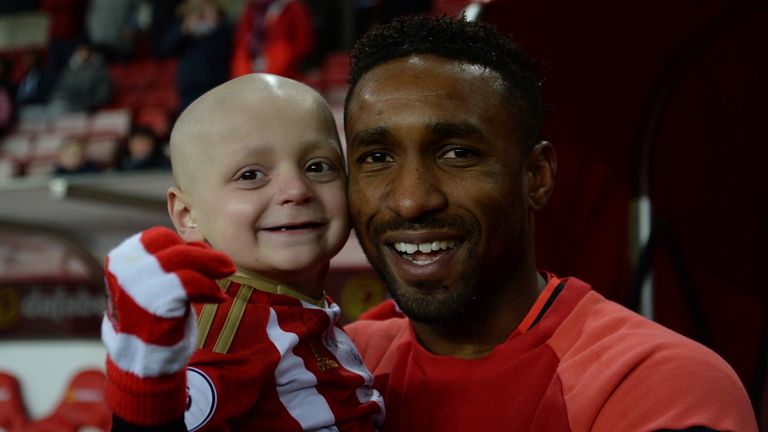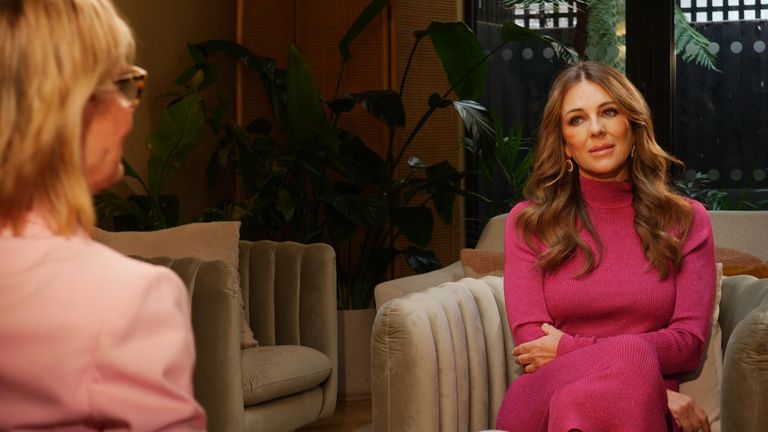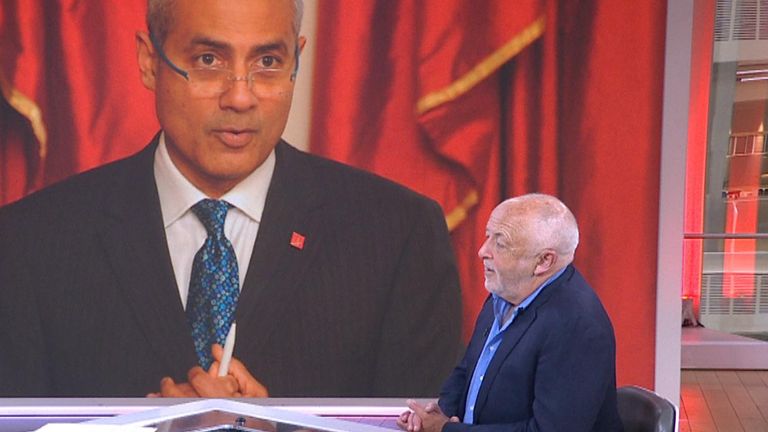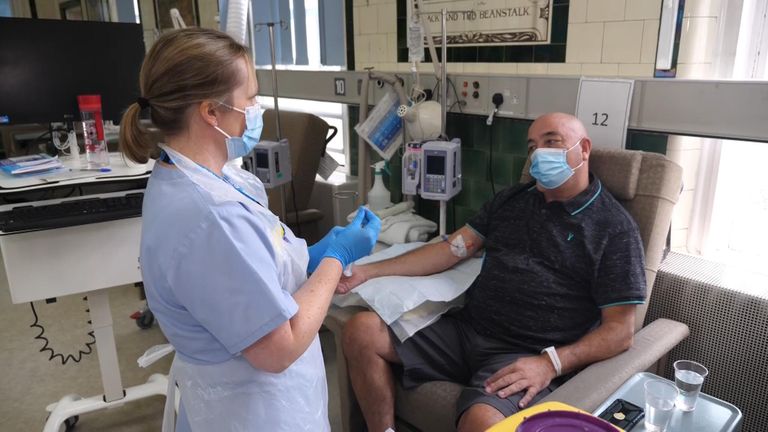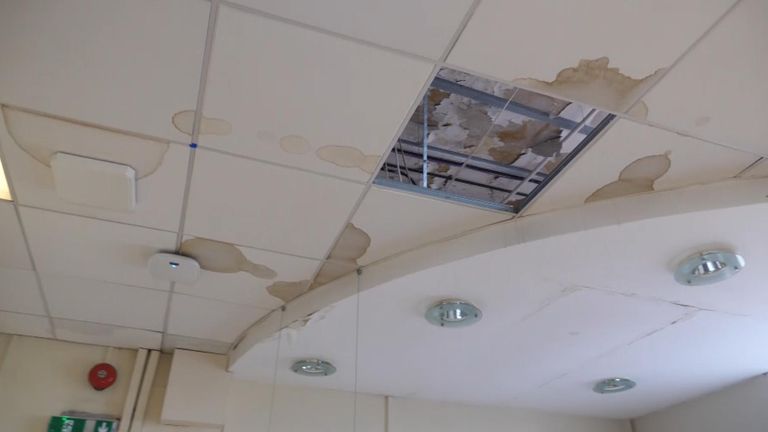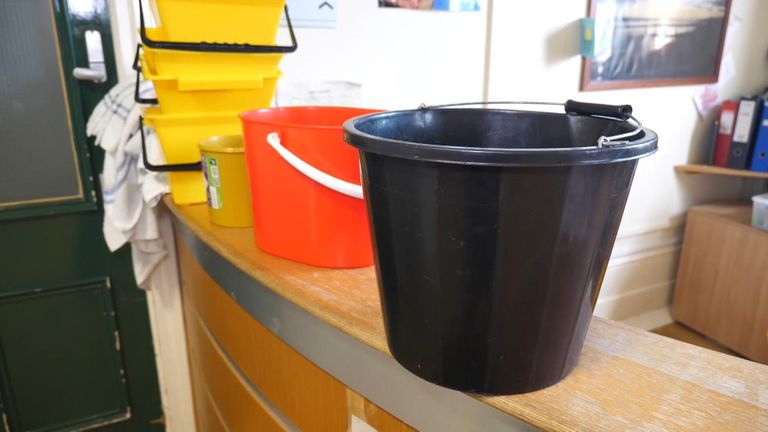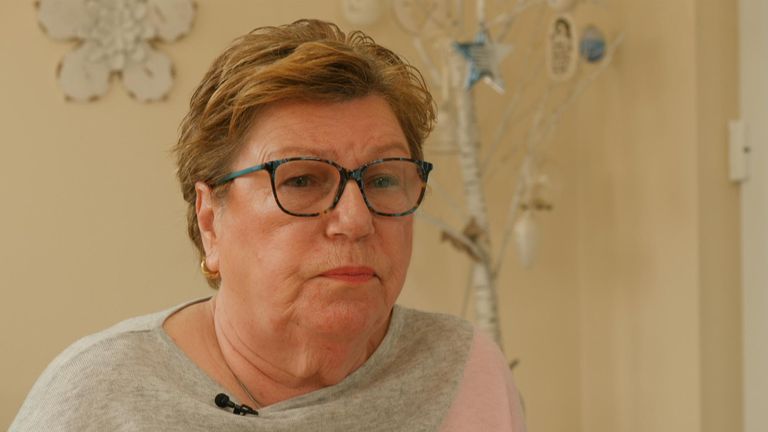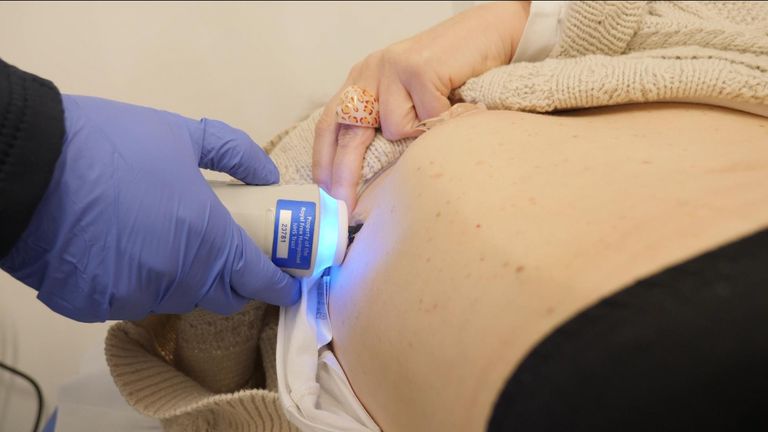Artificial intelligence (AI) can “safely” read breast cancer screening images, a preliminary study suggests.
Researchers found computer-aided detection could spot cancer in mammograms – X-ray pictures of the breast – at a “similar rate” to two radiologists.
The NHS is already looking at how it can implement such technology in its breast screening programme.
However, the authors of the study said the results are “not enough on their own to confirm that AI is ready to be implemented in mammography screening”.
Previous studies into whether AI can accurately diagnose breast cancer in mammograms have been carried out retrospectively – where the technology assesses scans already examined by doctors.
But the new interim study pit AI-supported screening against standard care.
The randomised control trial, published in the journal Lancet Oncology, involved more than 80,000 women from Sweden with an average age of 54.
Half of the scans were assessed by two radiologists, known as standard care, while the other half were assessed by the AI-supported screening tool, followed by interpretation by one or two radiologists.
In total 244 women from AI-supported screening were found to have cancer compared with 203 women recalled from standard screening.
Also, the use of AI did not generate more “false positives” – where a scan is incorrectly diagnosed as abnormal. The false-positive rate was 1.5% in both the AI group and the group assessed by radiologists.
Read more:
Most early-stage patients will become long-term survivors
Smartphone camera lens technology to be used to diagnose skin cancer patients
AI could halve screening workload
Researchers said the use of AI could potentially almost halve the screening workload.
There were 36,886 fewer screen readings by radiologists in the AI-supported group compared with the group who received standard care, resulting in a 44% reduction in the screen-reading workload of radiologists, the authors said.
The study is continuing to assess whether AI tools can reduce cancers diagnosed between screenings, with the results not expected for a few years.
But the authors’ interim analysis concludes: “AI-supported mammography screening resulted in a similar cancer detection rate compared with standard double reading, with a substantially lower screen-reading workload, indicating that the use of AI in mammography screening is safe.”
Radiologists could be ‘less burdened by excessive amount of reading’
Lead author Dr Kristina Lang, from Lund University in Sweden, said: “These promising interim safety results should be used to inform new trials and programme-based evaluations to address the pronounced radiologist shortage in many countries, but they are not enough on their own to confirm that AI is ready to be implemented in mammography screening.
“We still need to understand the implications on patients’ outcomes, especially whether combining radiologists’ expertise with AI can help detect interval cancers that are often missed by traditional screening, as well as the cost-effectiveness of the technology.”
She added: “The greatest potential of AI right now is that it could allow radiologists to be less burdened by the excessive amount of reading.
“While our AI-supported screening system requires at least one radiologist in charge of detection, it could potentially do away with the need for double reading of the majority of mammograms, easing the pressure on workloads and enabling radiologists to focus on more advanced diagnostics while shortening waiting times for patients.”
NHS exploring implementing AI
Commenting on the study, an NHS spokesperson said: “The NHS is already exploring how AI could help in breast screening by enabling complicated image analysis very quickly and at scale, which, if proven effective, could in future help speed up diagnosis for many women, detect cancers at an earlier stage, and ultimately save more lives.
“This research is very encouraging, and plans are underway to assess the best ways of implementing this technology into the NHS Breast Screening Programme.”
